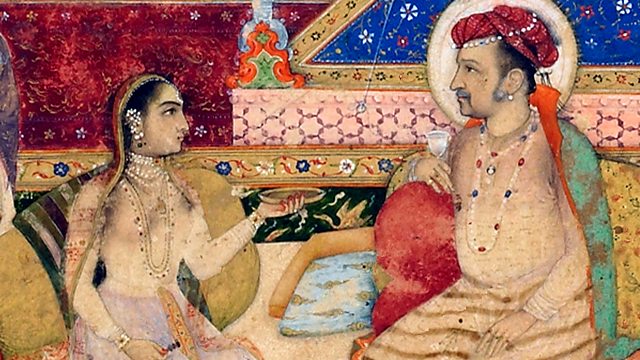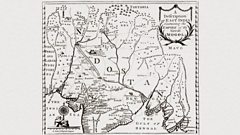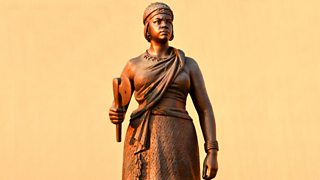Empress Nur Jahan: Leader of the Mughals
The woman who wielded unparalleled power over 17th century India. Empress Nur Jahan controlled trade routes, designed gardens and mausoleums and had coins minted in her own name.
Empress Nur Jahan was the most powerful woman in 17th century India, wielding an unparalleled control over the Mughal Empire. Born as Mehr-un-Nissa, she came from a wealthy Iranian family who came to India and made their way up the imperial court. After the death of her first husband, a Persian soldier, she became the twentieth and final wife of Mughal Emperor Jahangir and her rise to the top really began. Often sitting beside her husband in court, she controlled trade routes, designed gardens and mausoleums, was said to be a skilled hunter and was the only Mughal Empress to have coins minted in her own name.
Joining Rajan Datar to explore the life of Empress Nur Jahan is Ruby Lal, professor of South Asian Studies at Emory University and author of 'Empress: The Astonishing Reign of Nur Jahan'; Mehreen Chida-Razvi, Research Associate in the Department of Art History at SOAS, University of London; and Shivangini Tandon, Assistant Professor at the Department of Women's Studies, Aligarh Muslim University, India.
Photo: a detail from the painting Jahangir and Prince Khurram with Nur Jahan, c1624-1625 (Fine Art Images/Heritage Images/Getty Images)
Last on
Clip
-
![]()
The ‘boundless and unlimited’ generosity of one Mughal Empress
Duration: 01:40
Broadcasts
- Sat 11 Aug 2018 19:06GMT����ý World Service except Australasia, East and Southern Africa, News Internet & West and Central Africa
- Tue 14 Aug 2018 08:06GMT����ý World Service except News Internet
- Tue 14 Aug 2018 17:06GMT����ý World Service Australasia
- Tue 14 Aug 2018 23:06GMT����ý World Service except News Internet
Featured in...
![]()
Revolutionary women—The Forum
Warriors, scientists, visionaries: women who changed the world
What is the role of libraries in the digital age?
Podcast
-
![]()
The Forum
The programme that explains the present by exploring the past





